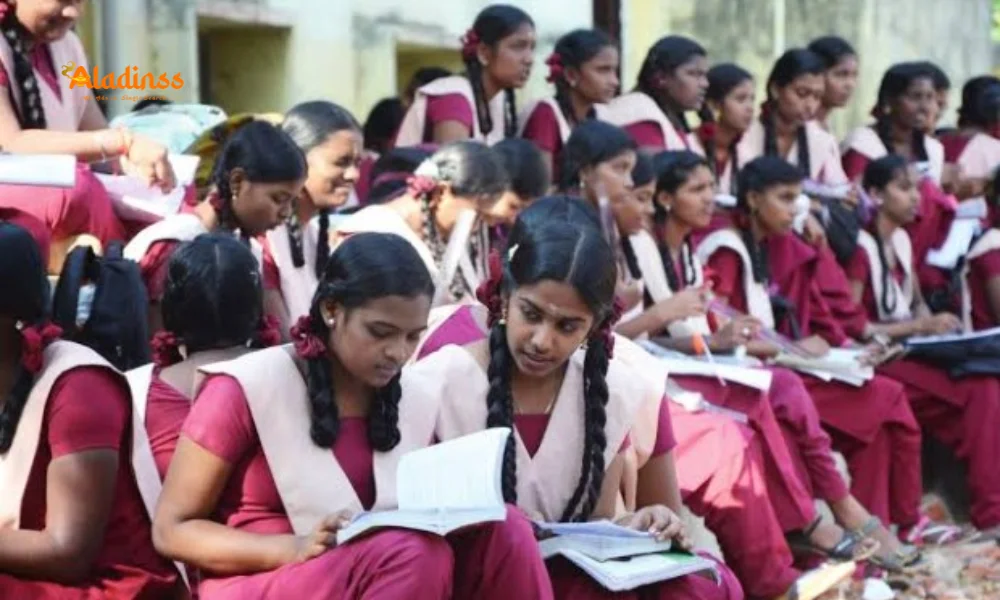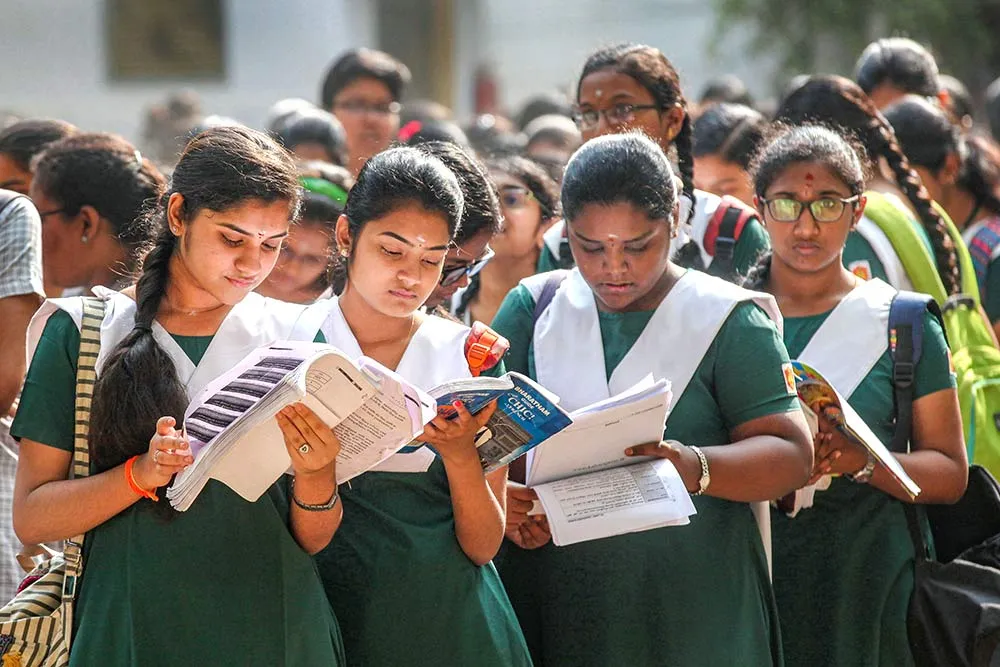Tamil Nadu Schools Enforce Strict Anti-Caste Guidelines

Tamil Nadu School Education Department Issues Strict Guidelines to Curb Caste and Communal Issues
In a significant move to promote inclusivity and maintain a harmonious educational environment, the Tamil Nadu School Education Department has issued a stringent directive on September 10, 2025, targeting teachers who promote caste or communal sentiments among students. This breaking news update underscores the department’s commitment to fostering an unbiased and safe learning space across schools in the state. The circular, issued by the Principal Education Officer, also includes measures to protect student privacy, regulate mobile phone usage, and address grievances effectively, marking a pivotal step in reforming school practices.
The directive comes in response to growing concerns about divisive practices in educational institutions, which have occasionally led to tensions among students. By enforcing strict guidelines, the department aims to ensure that schools remain spaces for learning and growth, free from discrimination or prejudice. This latest development is expected to have far-reaching implications for school administration and teacher conduct across Tamil Nadu, aligning with broader efforts to promote social harmony and equality.

Crackdown on Caste and Communal Sentiments
The School Education Department has taken a firm stand against teachers who instill caste or communal ideas in students, ordering their immediate transfer upon confirmation of such behavior. The circular mandates that the Principal Education Officer investigate complaints related to teachers inciting caste or communal sentiments promptly. This measure aims to deter educators from engaging in practices that could foster division or prejudice among students, ensuring that schools remain inclusive spaces where all students feel respected and valued.
The directive emphasizes the importance of maintaining a neutral educational environment, particularly in a diverse state like Tamil Nadu, where students from various backgrounds coexist. By addressing caste and communal issues head-on, the department is sending a clear message that discriminatory behavior will not be tolerated. School authorities have been instructed to monitor classroom interactions closely and report any instances of biased conduct to the District Education Officer for further action.
Protecting Student Privacy in Scholarships and Records
A key component of the new guidelines is the emphasis on protecting student privacy, particularly regarding sensitive information such as caste details. The department has directed schools to keep such information strictly confidential, prohibiting the public disclosure of caste-related data. When enrolling students for scholarships or other programs, or disbursing funds, school authorities must call students individually to the principal’s office to discuss details privately.
Additionally, the circular prohibits the open display of scholarship-related records or other personal information in public areas of the school, such as notice boards. This measure aims to prevent stigmatization and ensure that students’ personal details remain secure. By implementing these privacy safeguards, the department seeks to create a respectful and dignified environment for all students, regardless of their background.
Strict Policy on Mobile Phone Usage
To address distractions and maintain discipline, the School Education Department has introduced a strict policy on mobile phone usage in schools. The circular instructs principals and class teachers to confiscate mobile phones from students found using them during school hours. The confiscated devices must be handed over to the students’ parents, ensuring that parents are informed of the violation and can take appropriate action at home.
This policy reflects growing concerns about the impact of mobile phones on student focus and academic performance. With the increasing prevalence of smartphones, schools have reported instances of students using devices for non-educational purposes, such as social media or gaming, during class hours. The department’s directive aims to curb such distractions and promote a conducive learning environment. Schools are also encouraged to educate students and parents about responsible technology use to prevent future violations.
Student Mind Complaint Box Initiative
To ensure that student grievances are addressed promptly, the department has mandated the use of a complaint box named “Student Mind” in all schools. This initiative allows students to anonymously report issues, including instances of caste or communal discrimination, teacher misconduct, or other concerns. The circular directs District Education Officers and Principal Education Officers to take follow-up action on complaints received through the Student Mind box, ensuring that issues are resolved efficiently and transparently.
The introduction of the Student Mind complaint box is a proactive step toward empowering students to voice their concerns without fear of retaliation. By providing a confidential channel for reporting grievances, the department aims to create a supportive environment where students feel heard and protected. Schools have been instructed to place the complaint boxes in accessible locations and regularly check them to address issues in a timely manner.
Broader Implications for Tamil Nadu’s Education System
The new guidelines mark a significant shift in how Tamil Nadu’s schools address issues of caste, communalism, and student welfare. By targeting divisive practices, the School Education Department is aligning its policies with the state’s broader commitment to social justice and equality. Tamil Nadu has a long history of progressive educational reforms, and these measures build on that legacy by prioritizing inclusivity and student well-being.
The directive also reflects the government’s response to public concerns about caste-based discrimination in educational institutions. In recent years, incidents of caste-related conflicts in schools have sparked debates about the need for stricter oversight of teacher conduct and school policies. By enforcing immediate transfers for offending teachers, the department aims to deter such behavior and set a precedent for accountability.
Implementation and Monitoring
The successful implementation of these guidelines will depend on robust monitoring and enforcement by school authorities and education officials. District Education Officers have been tasked with ensuring compliance, conducting regular inspections, and reporting on the progress of the initiatives. Schools are also required to submit periodic reports on complaints received through the Student Mind box and the actions taken to address them.
To support schools in implementing these measures, the department plans to conduct training programs for teachers and administrators on fostering inclusivity and handling sensitive student information. These programs will focus on equipping educators with the skills to create a non-discriminatory environment and address student grievances effectively. Parental awareness campaigns are also planned to inform families about the new policies and encourage their cooperation.
Public Response and Expectations
The announcement of these guidelines has been met with widespread approval from parents, educators, and social activists, who see it as a step toward creating a more equitable education system. However, some stakeholders have called for stricter penalties for teachers who violate the guidelines, arguing that transfers alone may not suffice as a deterrent. Others have emphasized the need for regular audits to ensure that schools comply with the privacy and mobile phone policies.
The Student Mind complaint box initiative has been particularly praised for giving students a voice in addressing their concerns. Education experts believe that this mechanism will encourage students to report issues without fear, fostering a culture of openness and accountability in schools. As the guidelines are rolled out, the department will need to address any challenges in implementation to ensure their effectiveness.
Comment / Reply From
No comments yet. Be the first to comment!











